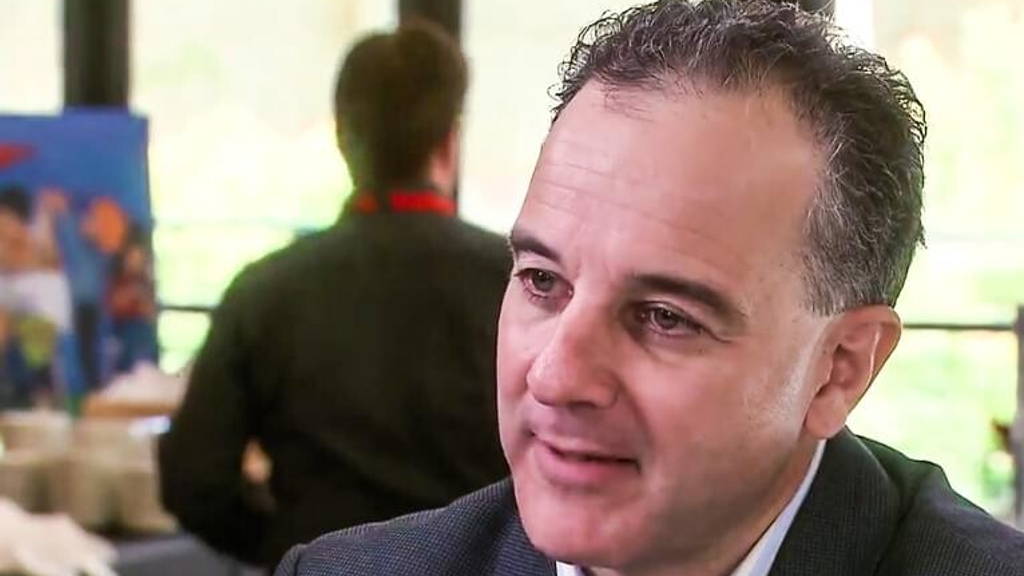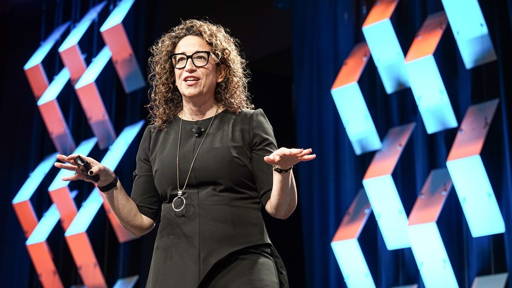One opposing voice is that of Bryan Vartabedian, a pediatrician at Baylor College of Medicine/Texas Children’s Hospital and, according to website 33 Charts, one of health care’s influential voices on technology and medicine. Madera’s comments are a showcase of the Shirky Principle: institutions will work to preserve the problem to which they are the solution. But, writes Vartabedian, the health care world and the patients it serves has grown up and around the medical profession. Medical progress will happen with or without the blessing of any one professional group.
Vartabedian points out two books by Dr. Eric Topol, author of The Creative Destruction of Medicine and The Patient Will See You Now. Both books revolve around the enormous impact digital technology can and eventually will have on healthcare and on improving it. Topol, believes Vartabedian , offers a sobering reminder that the top-down, one-man care that defined medicine’s analog age has long passed.
One example: did we enable population health, Halamka asks. The answer: ‘EHRs and related tools can support basic queries about the patients in a provider’s panel. We did not focus on creating care management workflow based on guidelines, protocols, and pathways. We accomplished exactly what we set out to do.’ In other words: what was achieved, the focus was on, so therefore a succes. What was not achieved, did not happen, because there was no focus on it.
As a closing argument, Vartabedian wishes to remind Dr. Madara that before referencing any part of digital innovation as snake oil, he should recognize that there are countless MDs, patients, and health IT professionals working to move the world and shape the new digital culture in ways that he and the AMA can’t even begin to understand.
Vartabedian points out two books by Dr. Eric Topol, author of The Creative Destruction of Medicine and The Patient Will See You Now. Both books revolve around the enormous impact digital technology can and eventually will have on healthcare and on improving it. Topol, believes Vartabedian , offers a sobering reminder that the top-down, one-man care that defined medicine’s analog age has long passed.
No digital snake oil
Another critic of Madera’s comments, John D. Halamka (among others Chief Information Officer of Beth Israel Deaconess Medical Center), believes that there is no digital snake oil. A brief look at the history of national healthcare IT efforts from 2004-2016 can make us understand how we’ve achieved exactly the results we designed.One example: did we enable population health, Halamka asks. The answer: ‘EHRs and related tools can support basic queries about the patients in a provider’s panel. We did not focus on creating care management workflow based on guidelines, protocols, and pathways. We accomplished exactly what we set out to do.’ In other words: what was achieved, the focus was on, so therefore a succes. What was not achieved, did not happen, because there was no focus on it.
Reimagining medicine
Back to Vartabedian. He believes just as Madera that the medical profession can and should be integral in shaping medicine’s creative destruction, through repeated failure and adjustment. But reimagining medicine will necessitate a core shift in the hearts and minds of working doctors and those who lead us. ‘Our culture must change.’As a closing argument, Vartabedian wishes to remind Dr. Madara that before referencing any part of digital innovation as snake oil, he should recognize that there are countless MDs, patients, and health IT professionals working to move the world and shape the new digital culture in ways that he and the AMA can’t even begin to understand.








